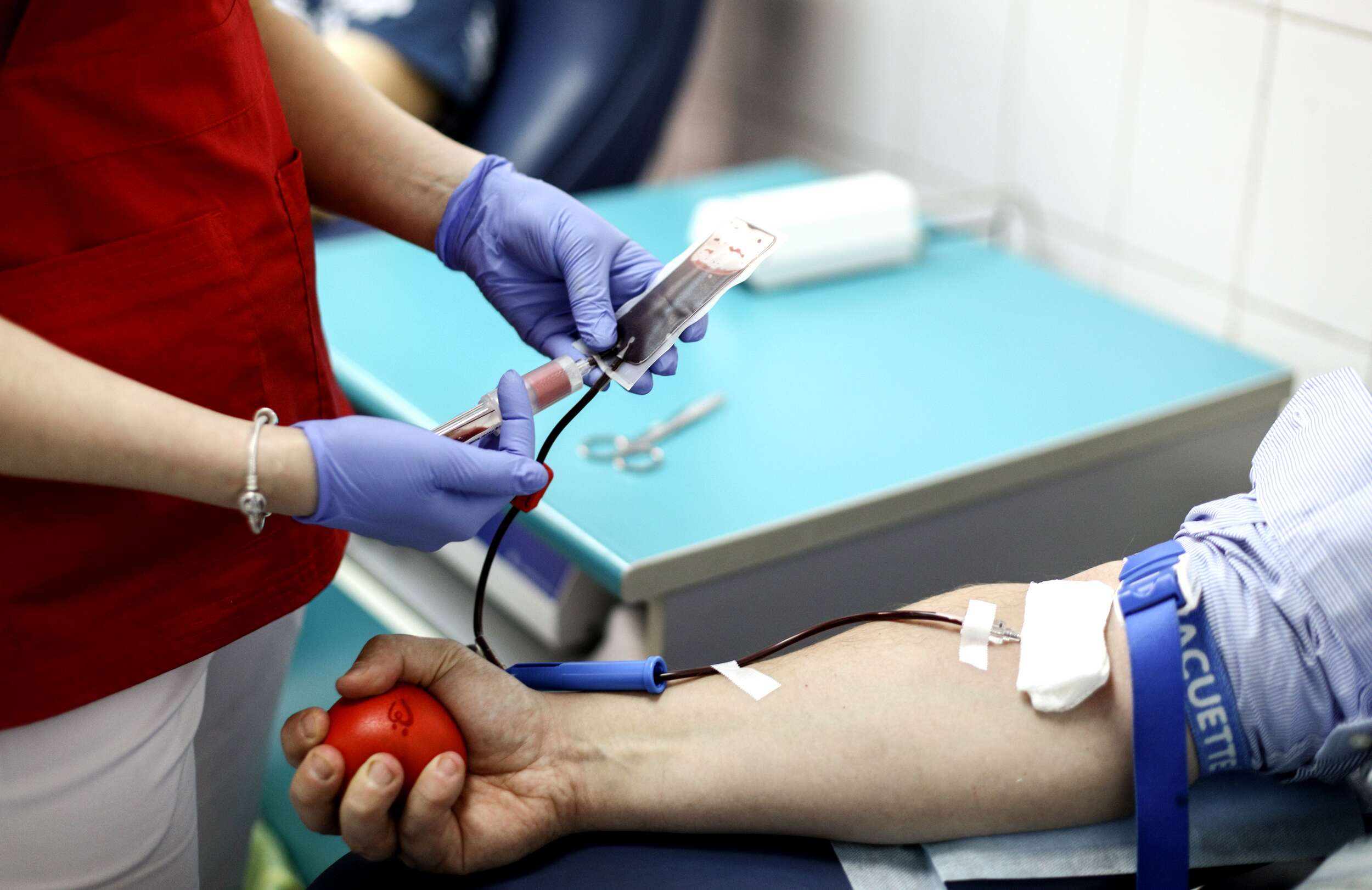How to cure insomnia quickly
Insomnia, a common sleep disorder characterized by difficulty falling asleep, staying asleep, or experiencing restful sleep, can have significant impacts on an individual’s health and quality of life. Understanding and addressing insomnia is crucial, as prolonged sleep disturbances can lead to various physical and mental health issues, including fatigue, impaired concentration, mood disorders, and an increased risk of chronic conditions such as heart disease and diabetes. While chronic insomnia often requires a comprehensive treatment approach, there are several strategies and techniques that can help alleviate insomnia quickly.

Understanding Insomnia
Insomnia can be classified into two main types: acute (short-term) and chronic (long-term). Acute insomnia is usually triggered by stress, life changes, or environmental factors and often resolves on its own. Chronic insomnia, lasting for at least three months and occurring at least three nights per week, can result from underlying medical conditions, medications, mental health disorders, or lifestyle factors.
Before attempting to cure insomnia quickly, it is essential to identify the root cause of the sleep disturbance. This can involve evaluating daily routines, stress levels, diet, physical activity, and pre-sleep habits. Once the cause is identified, targeted interventions can be implemented to promote faster and more effective relief.
Sleep Hygiene: The Foundation of Quick Relief
One of the most effective ways to address insomnia is by practicing good sleep hygiene. Sleep hygiene refers to a set of habits and behaviors that promote healthy sleep patterns. Here are some key components:
- Consistent Sleep Schedule: Going to bed and waking up at the same time every day helps regulate the body’s internal clock, making it easier to fall asleep and wake up naturally.
- Create a Relaxing Bedtime Routine: Engaging in calming activities before bed, such as reading, listening to soothing music, or taking a warm bath, can signal to the body that it is time to wind down.
- Limit Screen Time: Exposure to blue light from phones, tablets, and computers can interfere with the production of melatonin, the hormone responsible for regulating sleep. It is advisable to avoid screens at least an hour before bedtime.
- Optimize Sleep Environment: Ensuring that the bedroom is cool, dark, and quiet can create an ideal sleep environment. Investing in a comfortable mattress and pillows can also make a significant difference.
- Avoid Stimulants: Consuming caffeine, nicotine, or heavy meals close to bedtime can disrupt sleep. It is best to limit these substances in the evening.
- Regular Exercise: Physical activity during the day can promote better sleep at night. However, vigorous exercise should be avoided close to bedtime as it may have a stimulating effect.
Cognitive Behavioral Techniques
Cognitive Behavioral Therapy for Insomnia (CBT-I) is a highly effective treatment for chronic insomnia, but certain cognitive and behavioral techniques can provide quick relief for acute insomnia as well.
- Stimulus Control: This technique involves associating the bed with sleep and sex only. If unable to sleep within 20 minutes, it is recommended to get out of bed and engage in a quiet, relaxing activity until feeling sleepy.
- Relaxation Techniques: Practicing relaxation techniques such as progressive muscle relaxation, deep breathing exercises, or mindfulness meditation can reduce anxiety and promote sleep.
- Paradoxical Intention: This involves deliberately trying to stay awake, which can reduce performance anxiety and make it easier to fall asleep naturally.
Natural Remedies and Supplements
Several natural remedies and supplements can help promote sleep and alleviate insomnia quickly.
- Herbal Teas: Chamomile, valerian root, and lavender teas have calming properties that can help induce sleep.
- Melatonin Supplements: Melatonin is a hormone that regulates sleep-wake cycles. Taking melatonin supplements can be particularly helpful for those experiencing jet lag or shift work-related insomnia.
- Magnesium: This mineral plays a role in sleep regulation. Supplements or magnesium-rich foods such as nuts, seeds, and leafy greens can promote relaxation and improve sleep quality.
- Aromatherapy: Essential oils like lavender, chamomile, and bergamot can be used in diffusers or applied topically to create a calming atmosphere conducive to sleep.
Immediate Behavioral Adjustments
Certain immediate behavioral adjustments can significantly improve the ability to fall asleep quickly.
- Limit Napping: While short naps can be refreshing, long or irregular napping during the day can negatively affect nighttime sleep.
- Avoid Clock-Watching: Constantly checking the time can increase anxiety about not being able to sleep. Turning the clock away can help reduce this stress.
- Mindful Eating: Consuming foods that are rich in tryptophan, an amino acid that promotes sleep, such as turkey, bananas, and dairy products, can help induce sleepiness.
Seeking Professional Help
If insomnia persists despite trying these strategies, it may be necessary to seek professional help. A healthcare provider can conduct a thorough evaluation to identify any underlying medical or psychological conditions contributing to insomnia. They may recommend:
- Medication: In some cases, short-term use of sleep medications may be prescribed. These should be used with caution and under the guidance of a healthcare professional to avoid dependency.
- Therapy: Cognitive Behavioral Therapy for Insomnia (CBT-I) is a structured program that helps identify and replace thoughts and behaviors that cause or worsen sleep problems with habits that promote sound sleep.
- Sleep Studies: In cases of suspected sleep disorders such as sleep apnea, a sleep study may be conducted to diagnose and treat the condition appropriately.
Conclusion
Curing insomnia quickly requires a multifaceted approach that addresses both the immediate symptoms and underlying causes of sleep disturbances. By adopting good sleep hygiene practices, utilizing cognitive and behavioral techniques, exploring natural remedies, and making immediate behavioral adjustments, individuals can improve their chances of achieving restful sleep. For persistent insomnia, seeking professional help is crucial to identify and treat any underlying conditions. Ultimately, the goal is to establish healthy sleep patterns that promote overall well-being and enhance quality of life.


